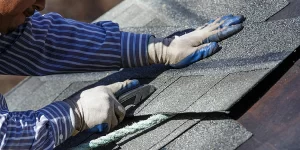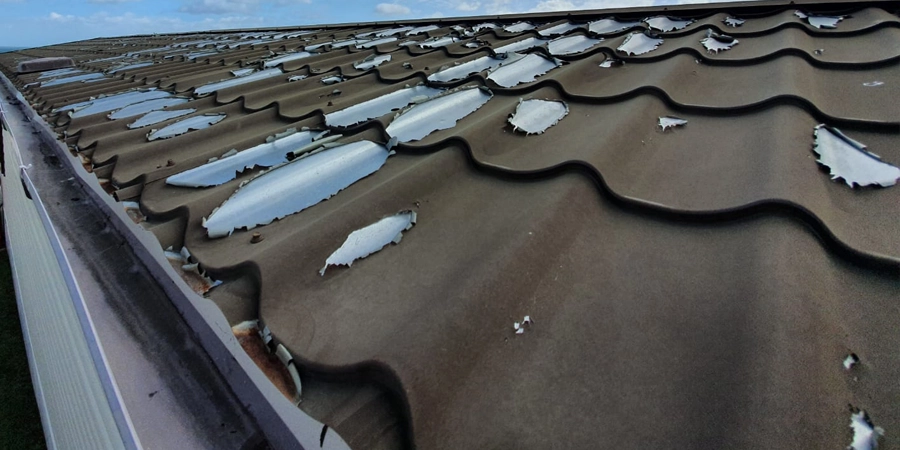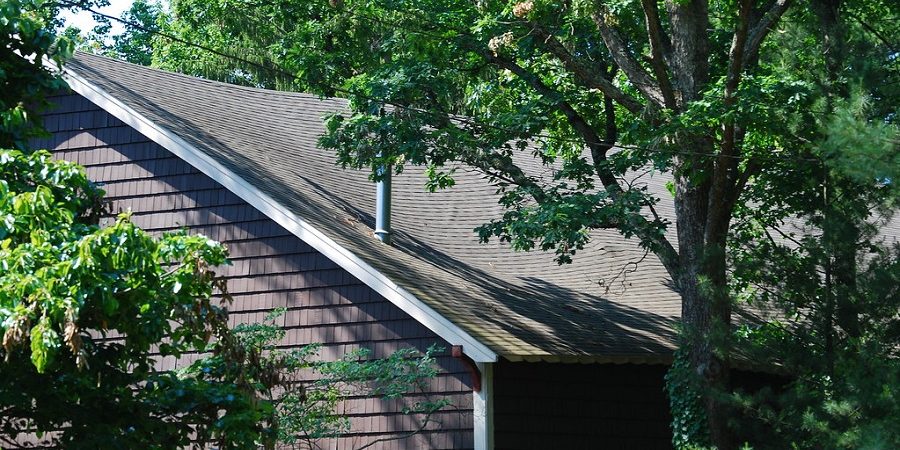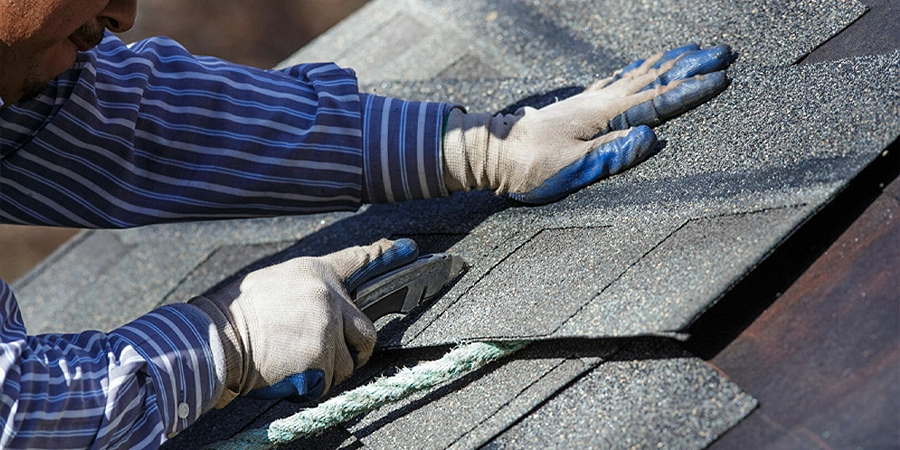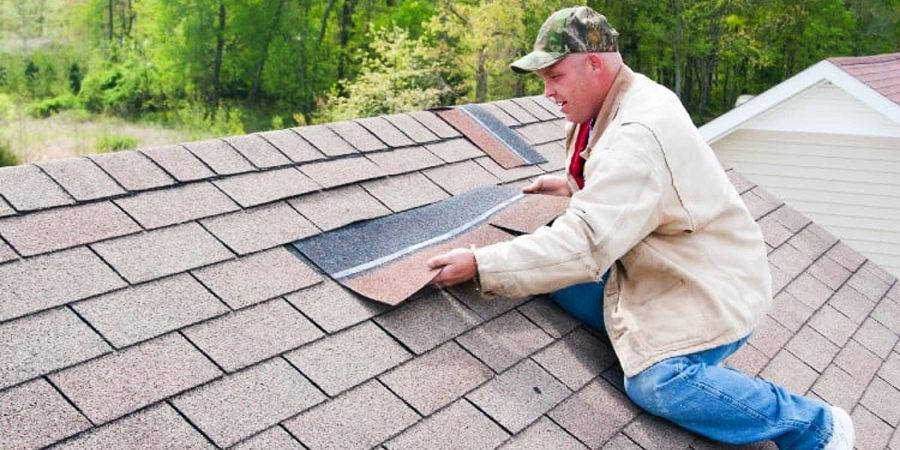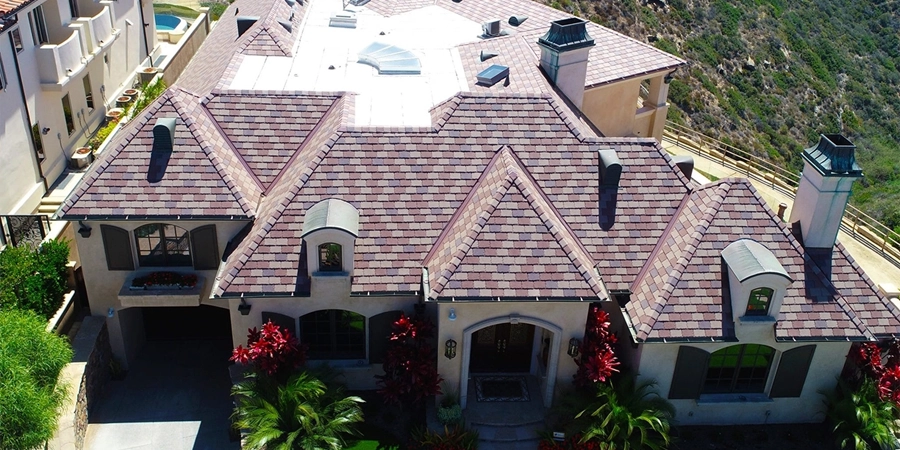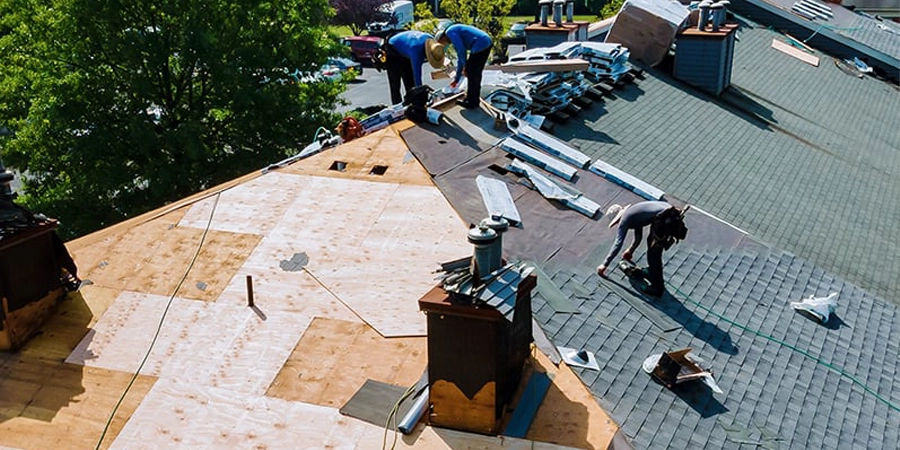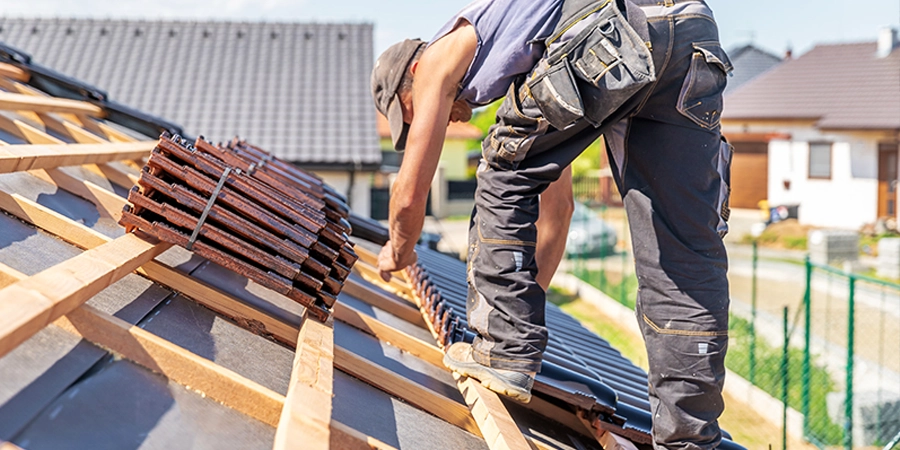Guide to Roofing Contractor Insurance
Protecting Your Home and Your Business
You’ve probably heard the saying, “Better safe than sorry,” and when it comes to choosing a roofing contractor, it couldn’t be more true! While replacing a roof is not an everyday task for homeowners, it’s essential to make the right choice when it comes to hiring a residential roofing company. How do you do that with countless options out there? Fear not; we’re here to guide you through the insurance requirements for your roofing project and help you choose the best roofer for the job. So, let’s dive into the world of roofing contractor insurance!
Why Insurance Matters for Roofing Contractors
Unless you work in the construction industry, you may not have any knowledge about residential roofing companies in your area. After all, the average homeowner doesn’t have to replace their roofs often.
If you are trying to find a roofing contractor for your home, you may struggle with your choice. You know enough about roofing to know that you shouldn’t just accept the lowest bid, but how do you choose among all the residential roofing companies in your area?
One way to narrow your options is to research which companies have roofing contractors’ insurance. After all, roofing is dangerous work, and you should only hire a company with all of the insurance roofing contractors are required to have. Otherwise, you may face potential liability if an adverse event occurs on-site with an uninsured contractor.
Also, some states require roofers to be adequately insured. If a roofing company doesn’t follow this requirement, how much should you trust them to install a new roof on your home?
Here’s what you need to know about roofing contractor insurance. Having this knowledge will help you select the right roofer for your job.

Types of Insurance Roofing Contractors Must Have
Roofing is no walk in the park; it’s risky business. That’s why it’s crucial to pick a roofing company that’s got all the insurance bells and whistles. You wouldn’t ride a rollercoaster without a safety harness, right? The same logic applies here. Choosing an insured company is like having that extra layer of protection—so if anything goes awry, you’re covered.
All roofing companies should have two primary types of roofing contractors’ insurance: general liability and workers’ compensation.
General Liability Insurance for Roofing Contractors
General liability insurance provides coverage if the roofers damage your property or injure a non-worker.
Accidents happen, right? Well, they can get expensive if you’re not prepared. That’s where general liability insurance steps in, covering things like property damage, bodily injury, legal costs, and even those not-so-friendly advertising squabbles. Just remember, it won’t cover everything, like employee injuries or your work gear.
For example, suppose a roofer climbs to your roof to fix a few shingles near your chimney. While on your roof, a worker accidentally hits the edge of your chimney and breaks some bricks. The bricks fell and hit the head of the delivery driver visiting your property. The general liability insurance for roofing contractors would pay for damage to your property and (more importantly) the injury to the delivery person’s head.
General liability insurance is more variable than workers’ compensation. The laws of your state or province or the policy of the insurer you chose may change what must or can be covered under a general liability policy. Reviewing the specifics of such a policy with an expert is essential to ensure you have the coverage you need.
A typical general liability insurance policy may cover:
- Property damage.
- Bodily injury.
- Legal costs.
- Advertising injury (if they slander a competitor).
A general liability policy usually does not cover:
- Employee injuries.
- Contractor tools and work vehicle.
- Punitive damages (depending on the state).
- Errors and omissions (damages from mistakes or incorrect advice).
General liability insurance can offer coverage that workers’ compensation doesn’t. To understand how this works, consider the following example. But, note that it is just for informational purposes, as many variables in an insurance claim cannot be accounted for here.
Imagine you roofer is doing a small repair job, but a less experienced employee makes a mistake and steps on a skylight that has yet to be secured. He falls through and hits the homeowner on the way down. As discussed above, workers’ compensation could cover the cost of the employee’s injuries. But what about any property damage and your medical bills? General liability coverage may cover the cost of the customer’s broken skylight and any medical bills.
Roofing subcontractors need to know that they may not be covered by the general liability insurance policy of the business that hired them, depending on which state or province they are operating in and the specifics of the policy.
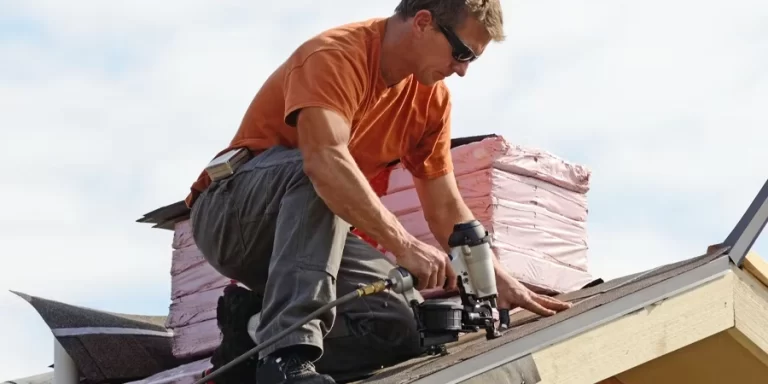
Why You Should Care About Roofer’s Insurance?
Homeowners understand that accidents can happen. That’s why they prefer to work with roofers with general liability insurance to cover the costs of those accidents. You may be able to sue a roofing business or the contractor personally for these costs even if they don’t have general liability insurance, but if they can’t pay, you may need to tap your own insurance or pay out of pocket. Because that’s a risk you don’t want to take, be sure to demand to see proof of general liability insurance before you accept your roofer’s services. 🏠🛠️
For More Information See: What Are The Insurance Requirements for Roofing Contractors?










